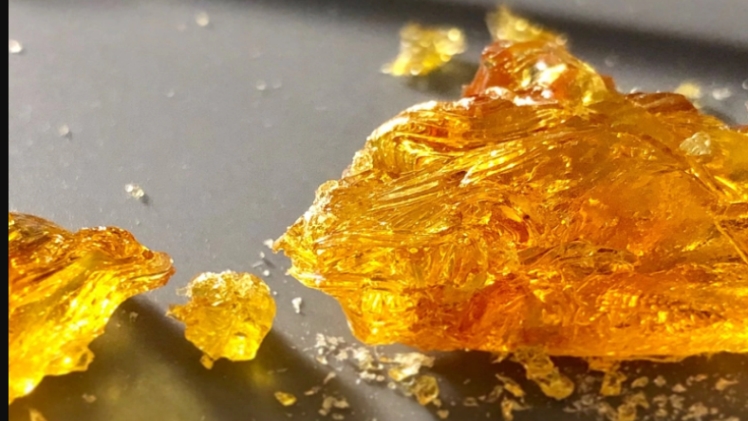THCV is a cannabinoid found in cannabis with many health benefits. THCV is a cannabinoid that can stimulate bone growth, reduce inflammation, and regulate blood sugar levels. Because it is extracted from federally legal hemp, it is widely available. However, before purchasing THCV isolate, read your state’s laws regarding its use.
THCV is a cannabinoid found in cannabis:
THCV is the most sought-after cannabinoid in the world, which industry people call the “sports car” of cannabinoids. It’s also known as “skinny pot” and “diet weed.” More than a decade ago, the pharmaceutical company GW Pharmaceuticals spearheaded an investigation into THCV to examine its therapeutic potential in metabolic disorders. These conditions include high blood pressure, diabetes, and increased abdominal fat.
THCV is a minor cannabinoid found naturally in hemp plants. Though THCV and THC share many chemical characteristics, there are essential differences. One of the most significant differences is that THC contains a pentyl group, whereas THCV contains a propyl group. THCV is more potent than THC and requires a higher temperature in a vaporizer to extract its therapeutic potential.
While there are limited amounts of THCV in plants, people can find a way to isolate it and then add it to manufactured products. This process increases yield, supply chain accessibility, and affordability of marijuana-based products. It also opens the door for more traditional products. If you’d like to try THCV oil for yourself, visit State of Mind Labs website.
It stimulates bone growth:
Recent studies have shown that THCV isolate promotes bone growth. It promotes bone formation by stimulating the production of new bone cells. Its therapeutic properties may help reduce inflammation and blood sugar levels. Other potential benefits of THCV include its anti-inflammatory and bone-building effects. More research is needed to determine the medical viability of THCV. In the meantime, it is being studied as a possible treatment for osteoporosis.
The endocannabinoid system is a family of compounds known to regulate skeletal remodeling and bone mass. Several components of this system have been found in the skeleton. Two of the most critical components are anandamide and 2-AG, which are present in the bone at concentrations several orders of magnitude below those in blood. These compounds act locally in the skeleton and inhibit bone resorption by inhibiting osteoclast activity.
It reduces inflammation
Human studies have shown that THCV can be used to treat various illnesses, including diabetes and obesity. Animal studies also suggest that THCV may have a beneficial effect on inflammation. In a study of mice, THCV reduced the signs of inflammation. It could also block the production of inflammatory proteins, thereby reducing pain. The results are promising, but further research is needed. However, there are some side effects associated with THCV. To clarify you doubt, you can check this https://www.prweb.com/releases/2022/4/prweb18633942.htm links
THCV is also considered a natural antibiotic and may have antimicrobial properties. It can help treat several different types of cancer, including glioblastomas. Researchers are also investigating its potential benefits in treating osteoporosis and arthritis. Furthermore, THCV has appetite-suppressing effects, making it beneficial for treating broken bones. But the positives don’t end there.
It reduces blood sugar levels:
THCV is an anti-diabetic drug. It reduces blood sugar levels by improving pancreatic b-cell function and increasing adiponectin. The two proteins play essential roles in regulating blood sugar levels and breaking down fatty acids. THCv is well tolerated and has been used to treat a wide range of conditions, including diabetes and obesity. Moreover, it is safe and effective.
Recent studies conducted in mice suggest that THCV can decrease blood sugar levels. Its ability to reduce glucose levels in obese mice is a boon in the fight against obesity and Type 2 diabetes. In addition, THCV helps improve pancreatic cell function in patients with Type 2 diabetes. It has anti-inflammatory properties that help fight diseases like Parkinson’s disease. However, more research is needed to determine the effects of THCV on blood glucose levels.

